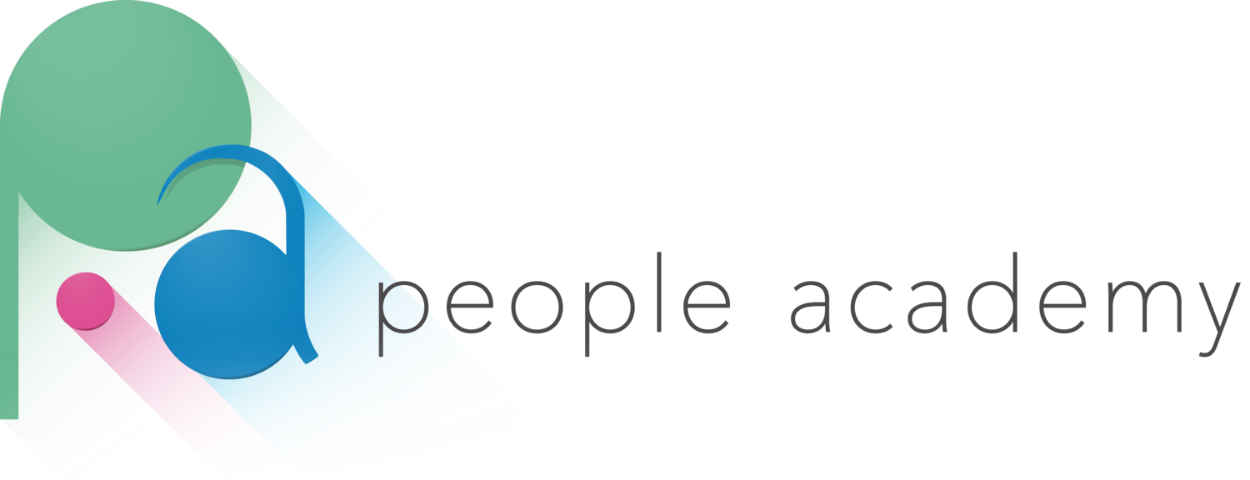People are unique. They are the sum total of their experience (and genetic dispositions) lead them to be. And that’s fine. Everyone’s different. And that’s good.
However, our tendencies towards certain behaviours are both useful - when those behaviours are appropriate and fit the situation and the other person / people - and not so useful - when our default behaviours are a poor fit to both the situation and other people.
We can all adapt if we choose to. Think about people you interact with every day, from your children and parents, to people you work alongside – bosses, colleagues, customers… most of us adapt our behaviours at least slightly with these people, without really thinking too hard about it.
At People Academy we believe conscious adapting can make the difference between ‘getting by’ and making real connections, with significant mutual benefits. It can turn interactions from so-so to super-effective, from OK performance to Exceptional performance.
THE FOUR COMPONENTS
1. Self Awareness
First, being aware – acutely aware – of the way you behave and how this impacts on other people is fundamental. How do other people see you? Really? When you communicate with them do they ‘get it’?
Communication is less about what you say; it’s more about how the other person receives it that really counts.
Your default behaviour and style of communication can be misinterpreted and, frankly, unappealing. It depends on the person on the other end of it.
2. People Acuity
By this, we mean your understanding of other people – the myriad differences between people. How well do we truly understand how and why other people who are different to us, behave in the way they do? And why they see us they way they do?
“Why don’t they think the way I do? And see the world the way I do?”
Because they’re different.
What motivates them? What turns them off? What shapes their thinking and behaviour? More often that not, we’ll never know what it feels like to be them, to be in their head, thinking their thoughts, their desires and needs, their fears and doubts. We’ll never know but we can seek to understand…]
3. Agility in Adapting
If you give in to your default style and do what you do, without adapting, it’s likely only about 20% of people will ‘get it’ and warm to your style. The other 80% will find you a bit of a challenge to understand, in some cases to the extent that you are nothing less than an alien in their midst!
But if you develop high Self Awareness and high People Acuity, putting the two together, you can see when and how to make small but important adjustments to how you behave, to fit the situation and the other person, to improve communication and impact. This is tactical adaptation. It doesn’t require a massive amount of thought or energy and as such the return on investment can be exceptional.
4. Self Management
Our tendency to slip into our default behaviours, unconsciously, continues to be a challenge. Old habits die hard. We have to work at being conscious of our impact and manage those behaviours that have a negative, unhelpful effect on others. In times when we have so many distractions and demands on our time, it’s easy to find ourselves slipping into automatic.
People Academy help individuals and teams develop techniques and tactics to help ensure that self management is effective and people become more agile in their ability to adapt and to avoid unhelpful reactions.
We’ve seen phenomenal results in teams where the People Dimension has taken root.
Anyone can adapt if they choose to, and know how to. It’s a real game changer!





